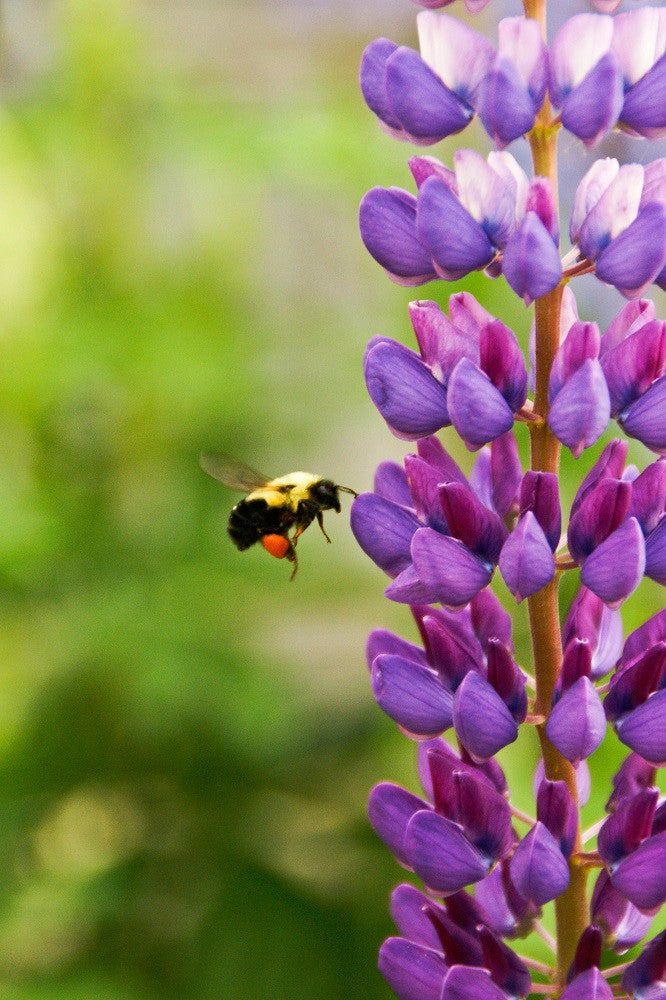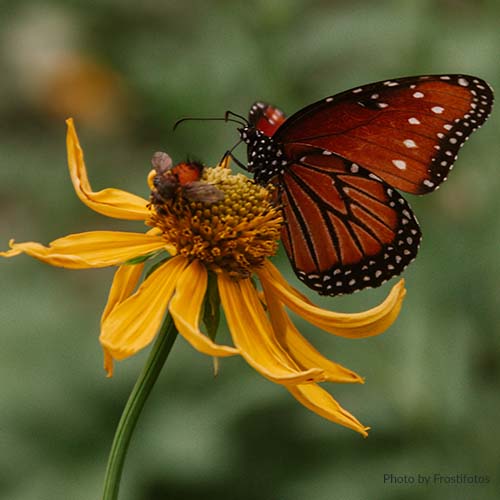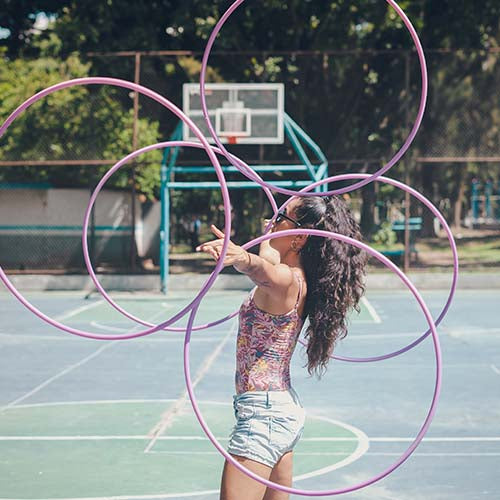
“There is a worldwide urge to preserve and create gardens and landscapes that help revive the health of pollinators. But who are the pollinators and why are they so important? Pollinators are animals (insects, birds, mammals and other vertebrates) that transfer pollen from one flower to another, thus helping fertilization needed for fruit and seed production. Honeybees are the most recognized pollinators, but in addition to them there are about 4,000 species of native or wild bees in the U.S. . . . . “
“In recent years, the number of pollinators, including domesticated and native bees, has declined due to habitat loss, inappropriate use of pesticides, and diseases. Supporting bees by creating flower-rich habitats is a good way to start thinking about wildlife around us. By helping pollinator populations thrive, we ensure food security and environmental health while supporting biological diversity. In return, the bees will pollinate our flowers, providing us with fruits, seeds and vegetables.”
“Did you know that honeybees and wild native bees pollinate approximately 75% of the fruits and vegetables grown in the US?”
Bees also support Aromatherapy through pollination of essential oil laden plants. . . .
Part of Mia's "The More You Know" series.
#MiasNatureTherapy
Photo courtesy of Grastography
Reference:
Excerpts of an Article “Creating Bee Friendly Gardens” (June 2017 Newsletter) by Marta Gyeviki of the Santa Fe Master Gardeners
Comments will be approved before showing up.


We all have heard that it is important to strike work-life balance. That working long hours can be harmful to employees and devastating to families. But how do you do IT!
Is it truly necessary that in order to be successful, one has to work long hours? How does one resist working all of those long hours?
